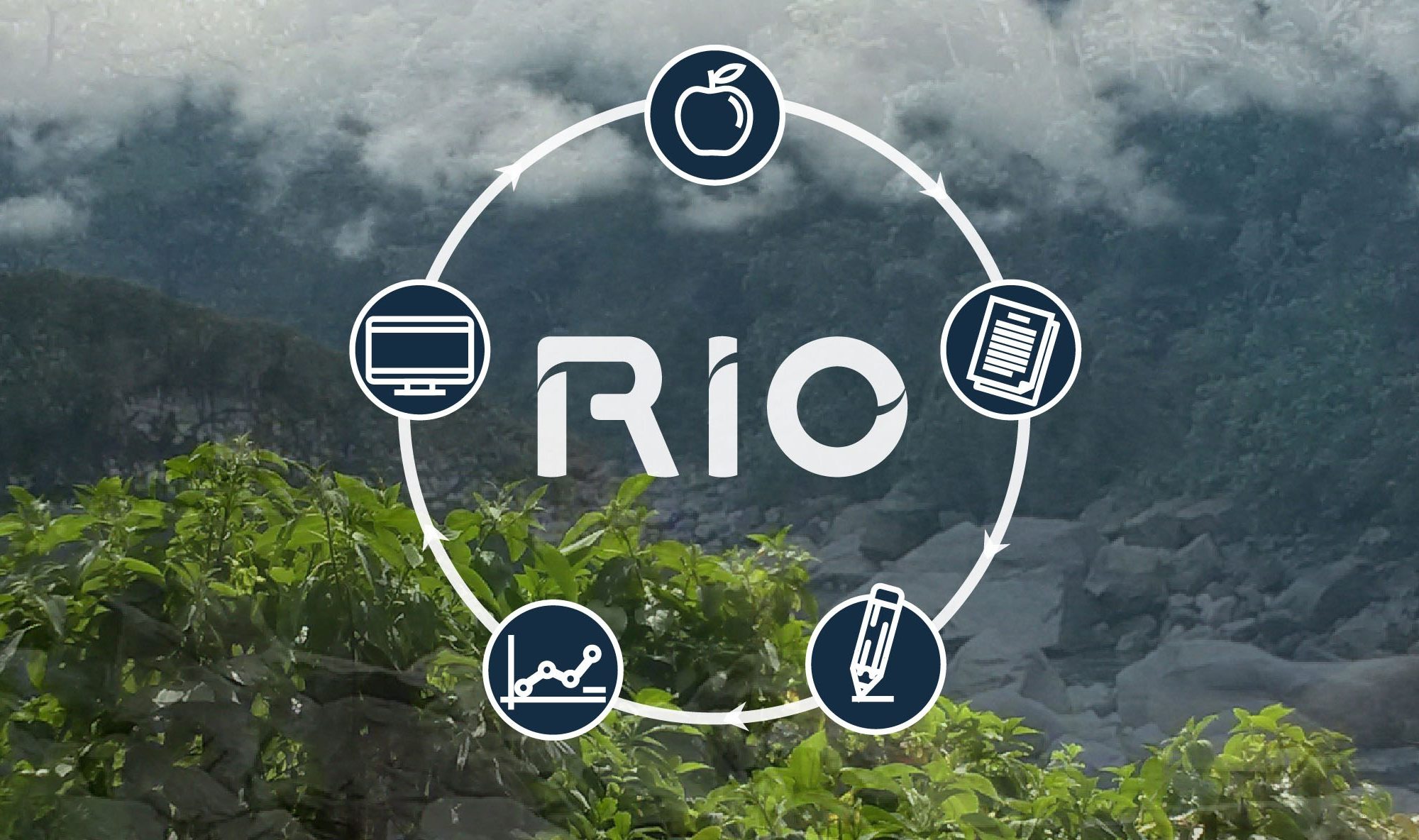Research Ideas & Outcomes (RIO), a new open access journal, is formally announced. The new journal represents a paradigm shift in academic publishing: for the first time, RIO will publish research from all stages of the research cycle, across a broad suite of disciplines, from humanities to science.
Traditional journals accept only articles produced at the end of the research continuum, long after the core work has been completed. RIO will publish ideas and outputs from all stages of the research cycle: proposals, experimental designs, data, software, research articles, project reports, policy briefs, project management plans and more.
The journal takes another step ahead with a collaborative platform that allows all ideas and outputs to be labelled with Impact Categories based upon UN Millennium Development Goals(MDGs) and EU Societal Challenges. These categories provide social impact-based labelling to help funders, journalists and the wider public discover and finance relevant research as well as to foster interdisciplinary collaboration around societal challenges.
These game-changing ideas come packed with technical innovation and unique features. The journal is published through ARPHA, the first publishing platform ever to support the full life cycle of a manuscript: from authoring to submission, public peer review, publication and dissemination, within a single, fully-integrated online collaborative environment. The new platform will also allow for RIO to offer one of the most transparent, open and public peer review processes, thus building trust in the reviewed outcomes.
These features come à la carte: RIO will offer flexible pricing where authors can choose exactly which publishing services fit their needs and budget. All its contents – including reviews and comments, data and code – will receive a persistent unique identifier, will be permanently archived and made available under open licenses without any access embargo.
“RIO is not just about different kinds of submissions, though that is a crucial feature and certainly unique for publishing ongoing or even proposed research: it is also about linking those submissions together across the research cycle, about reducing the time from submission to publication, about collaborative authoring and reviewing, about mapping to societal challenges, about technical innovation, about enabling reuse and about giving authors more choice in what features they actually want from the journal.” said Dr. Daniel Mietchen, a founding editor of RIO.
“I’m proud to pioneer the first journal which can publish research from all stages of the research process,” said Prof. Lyubomir Penev, Co-Founder of RIO and Pensoft. “For the first time, researchers can get formal publication credit for previously ‘hidden’ parts of their work like written research proposals. We can publish all outputs in one journal; the same journal – RIO.“
RIO is scheduled to start accepting manuscripts in November 2015.

